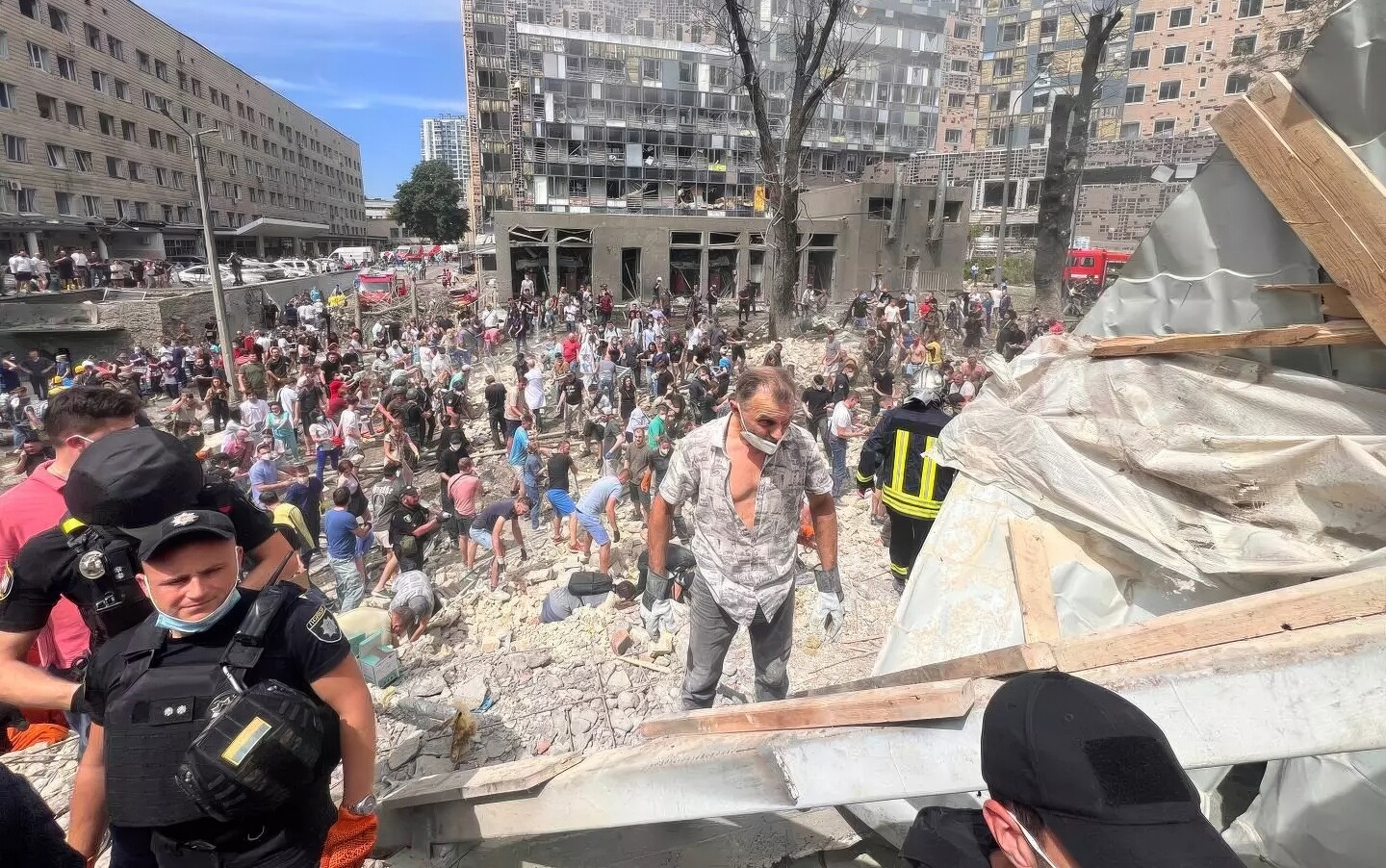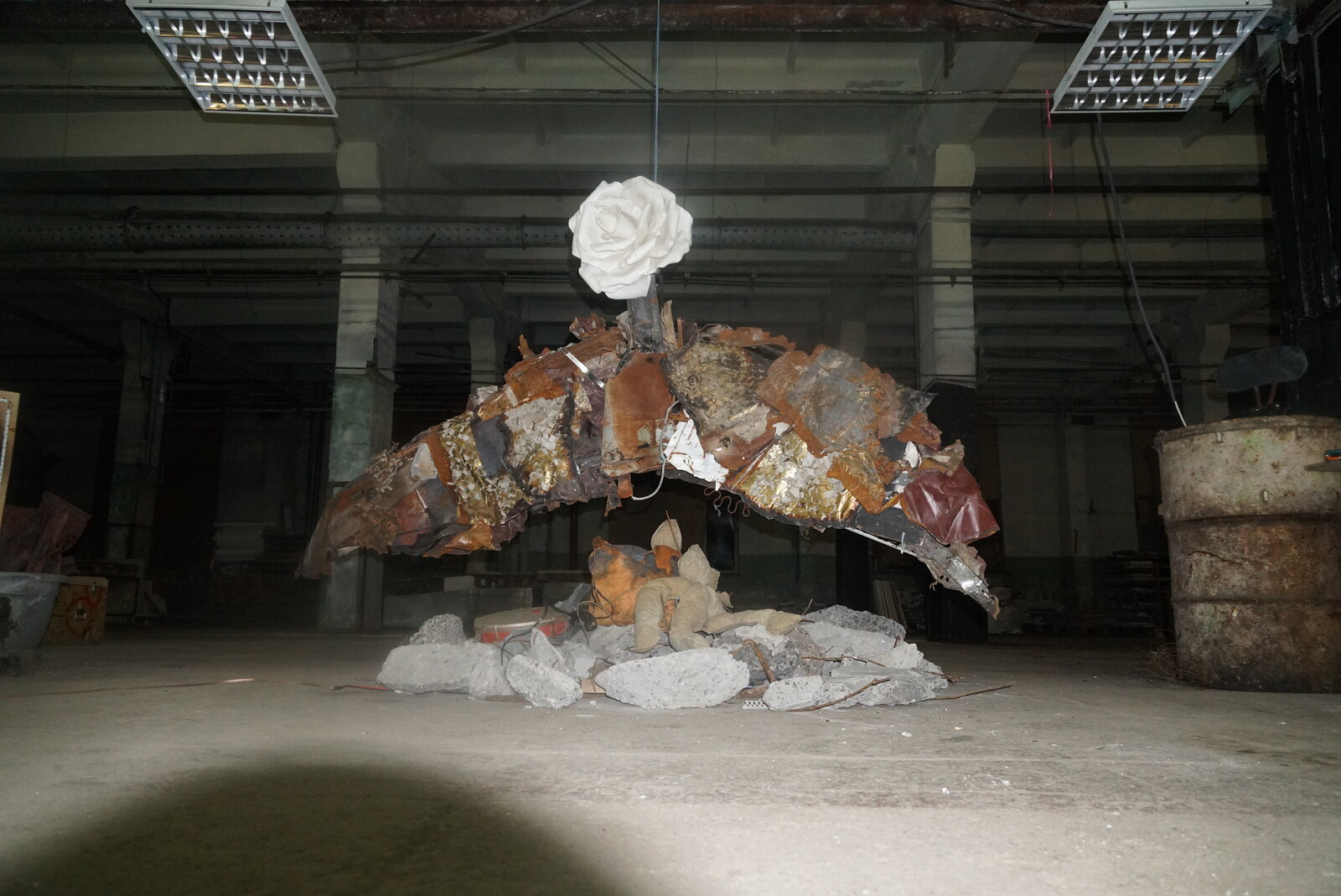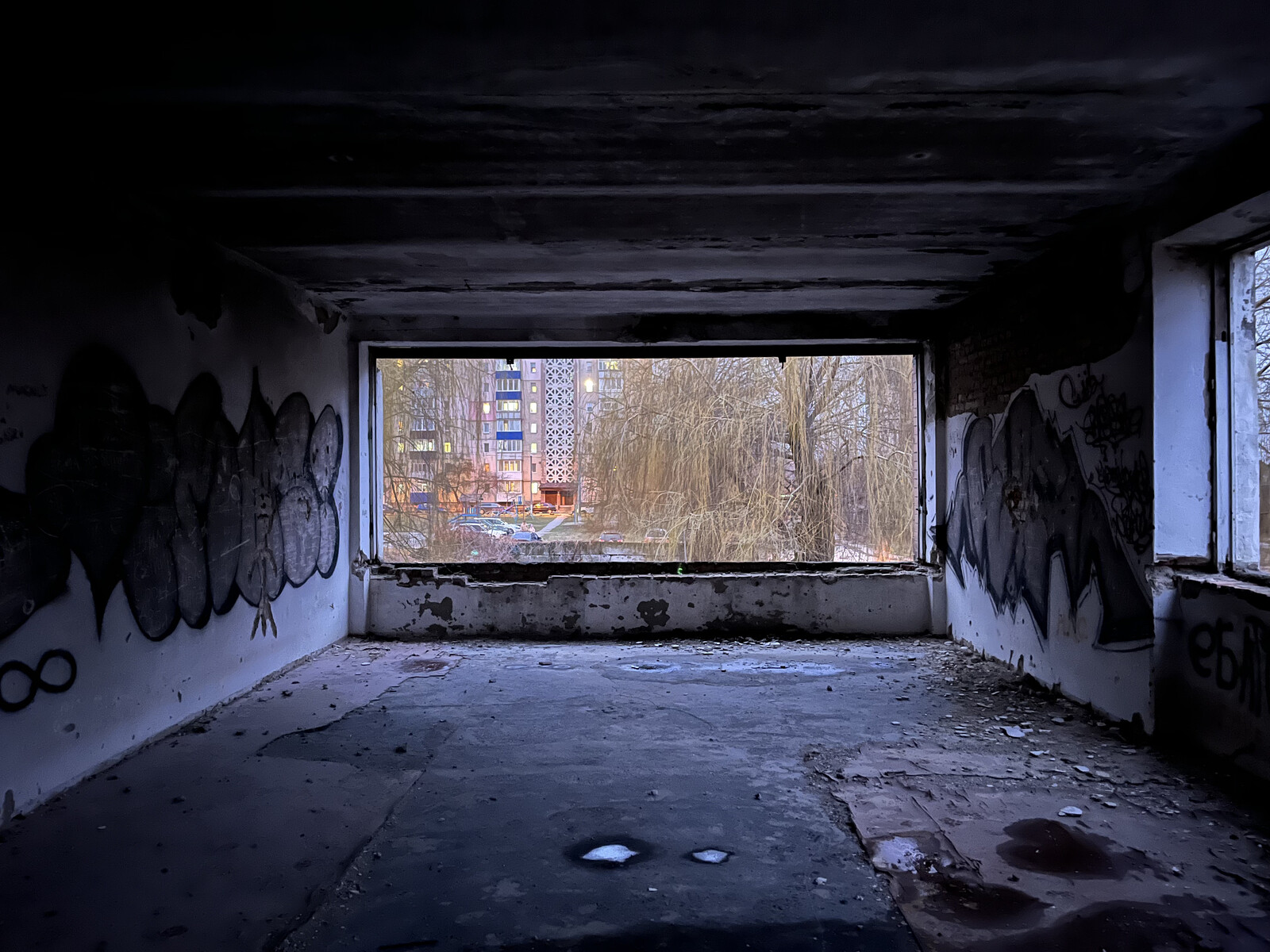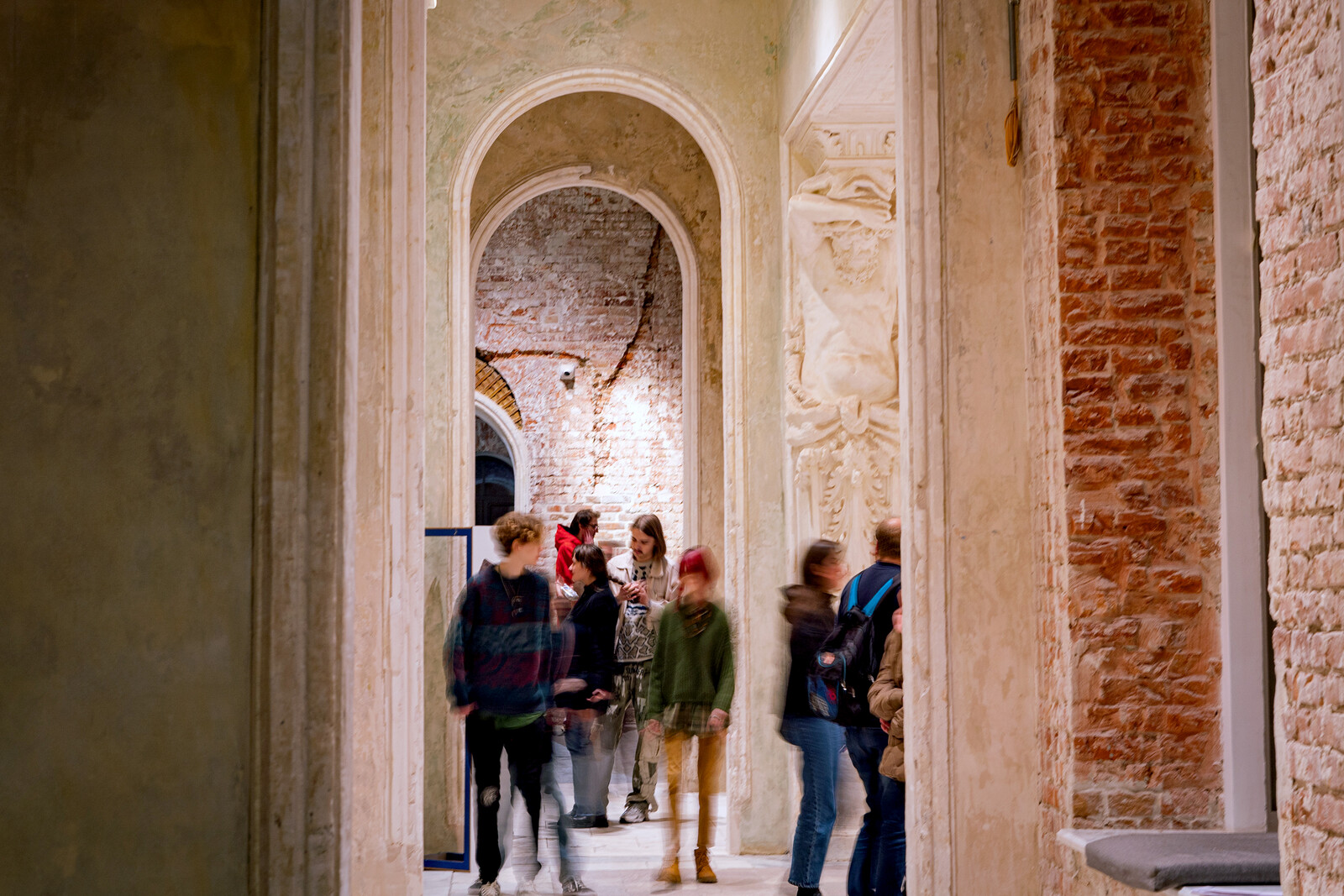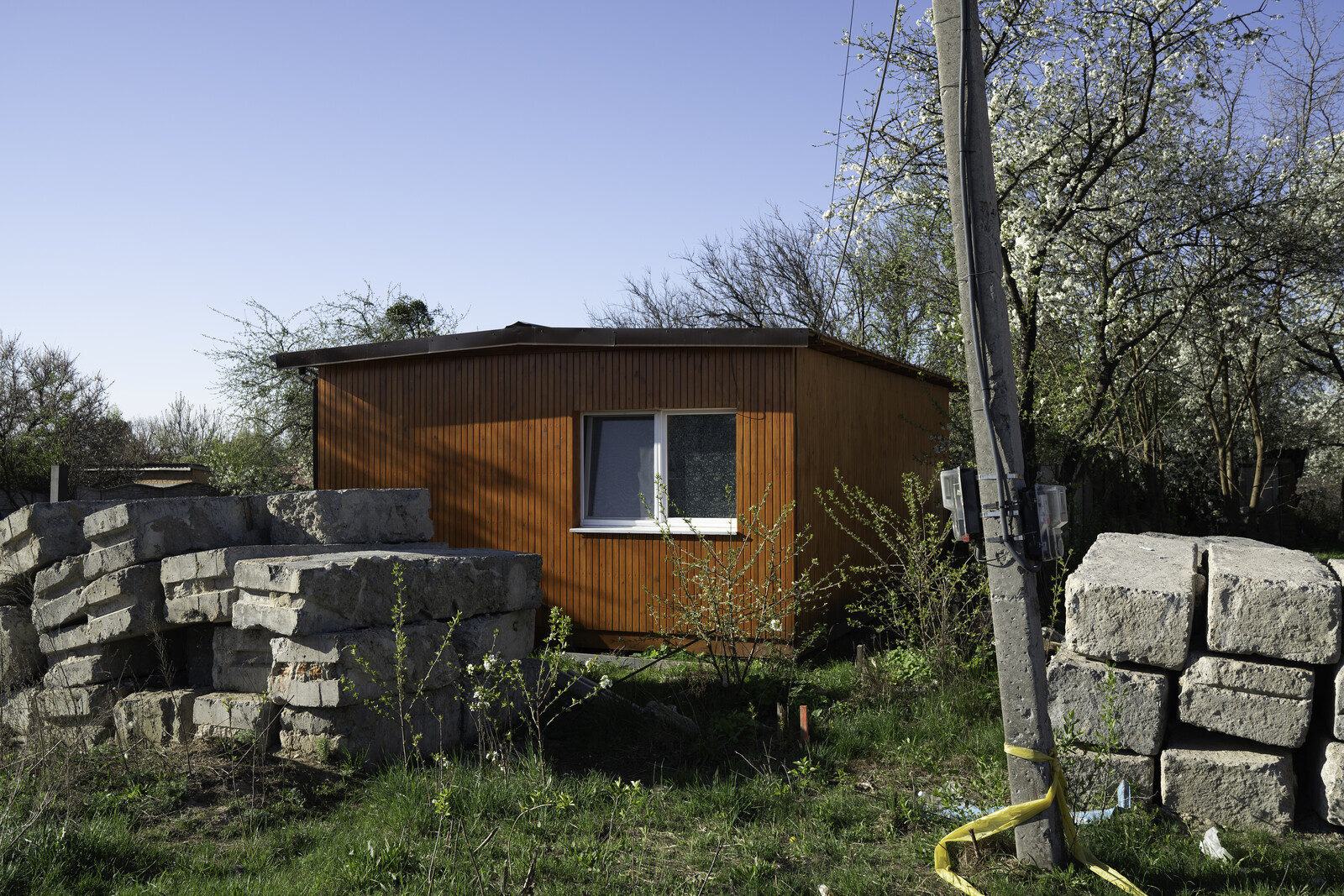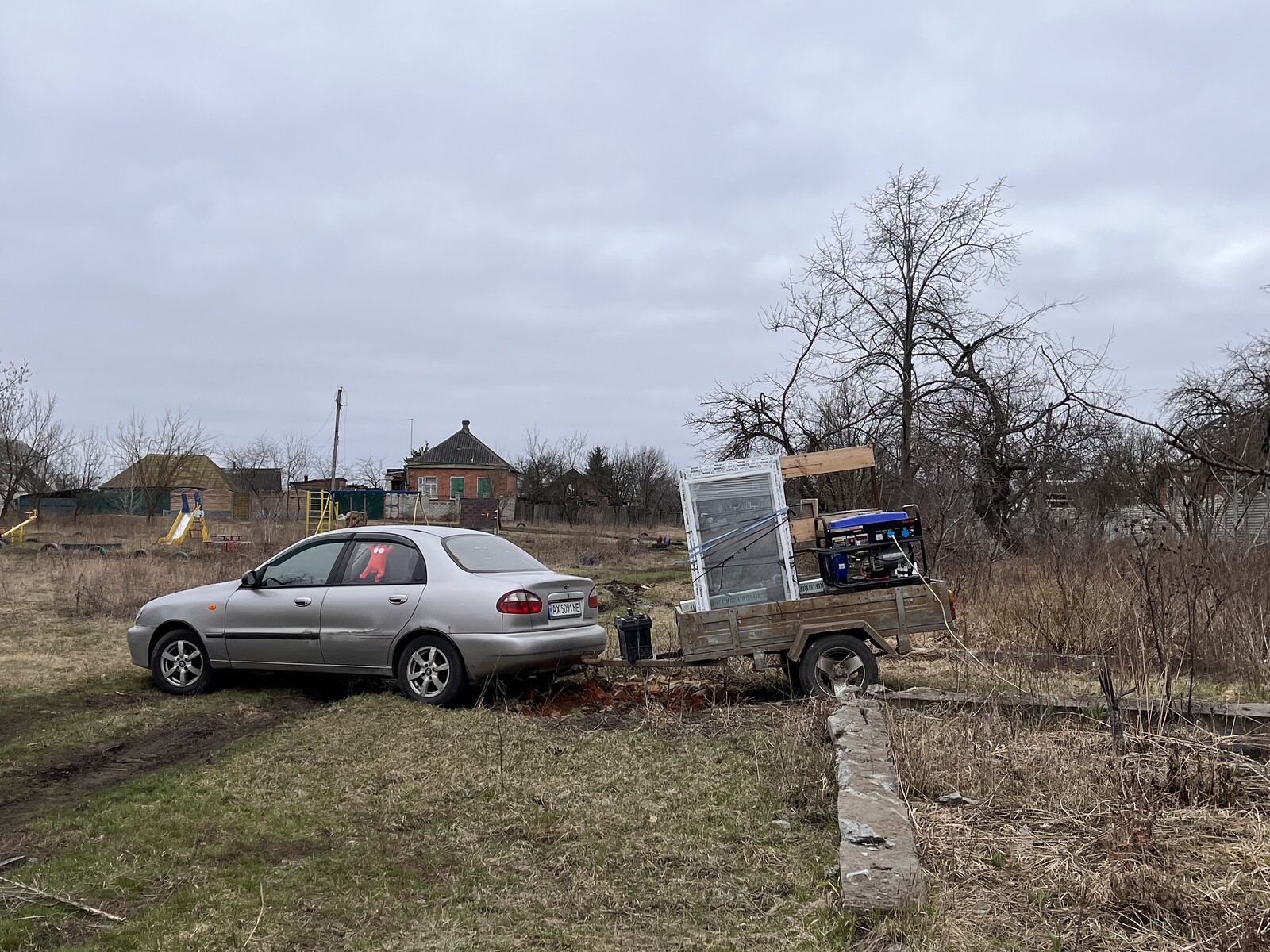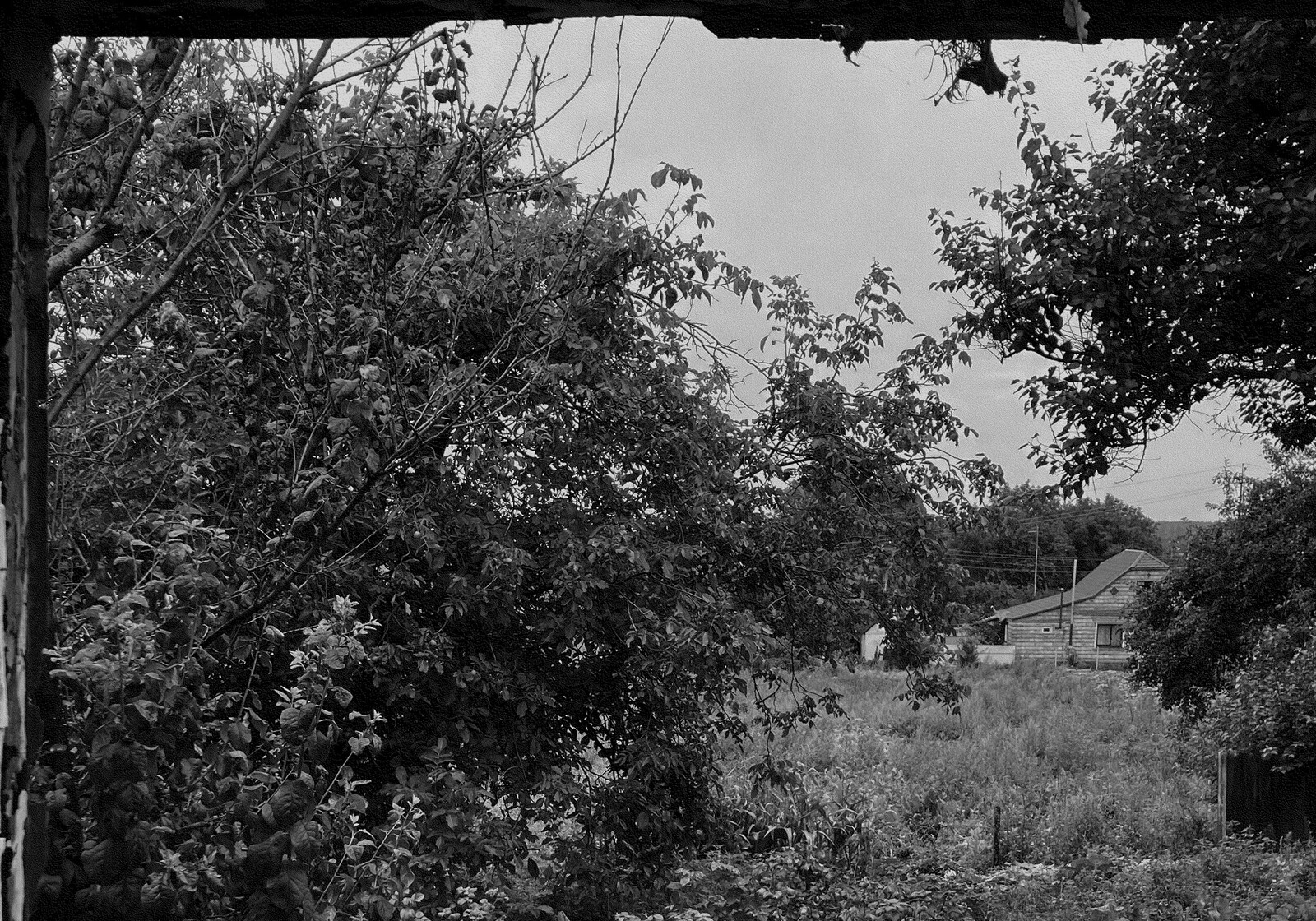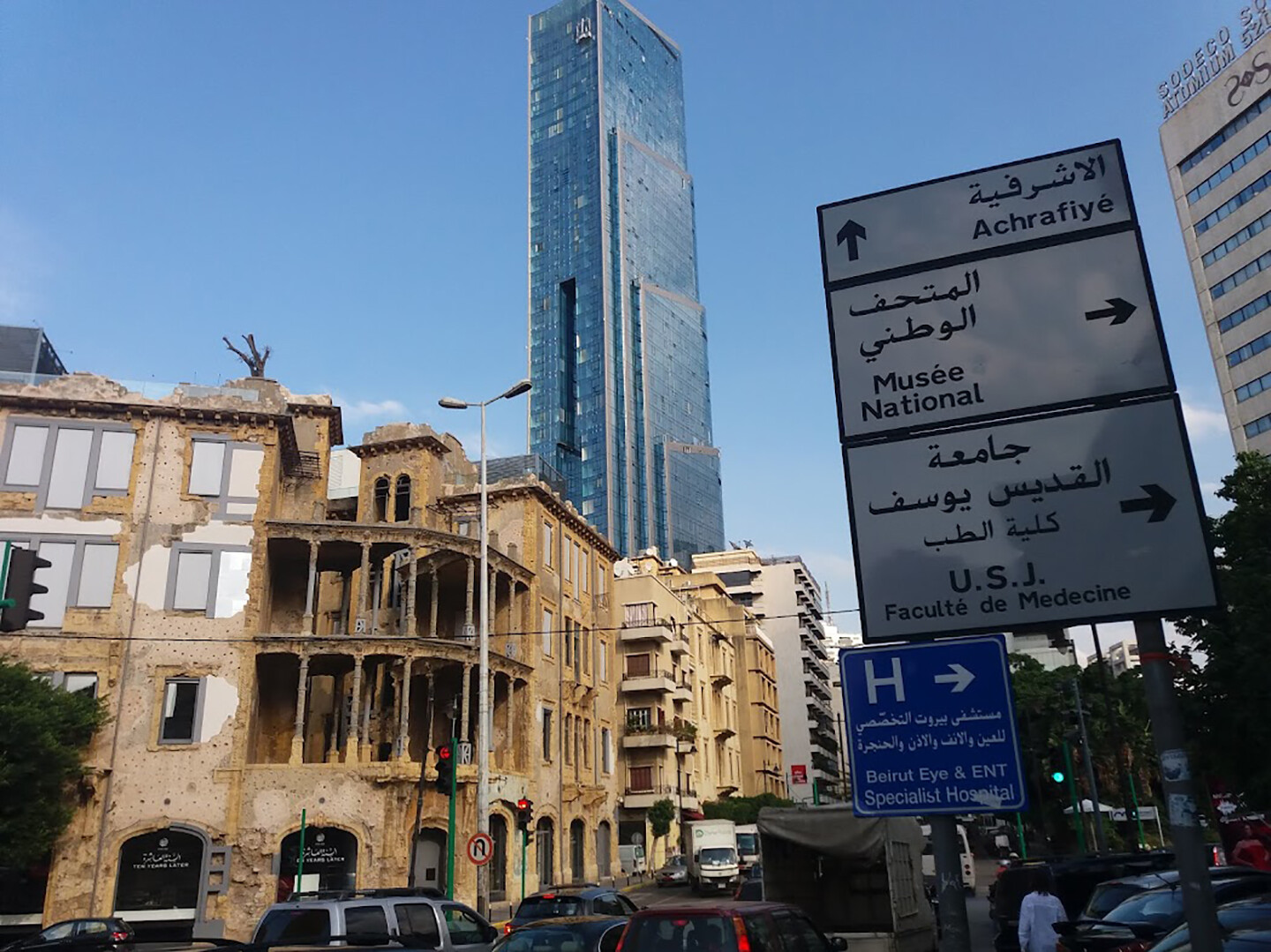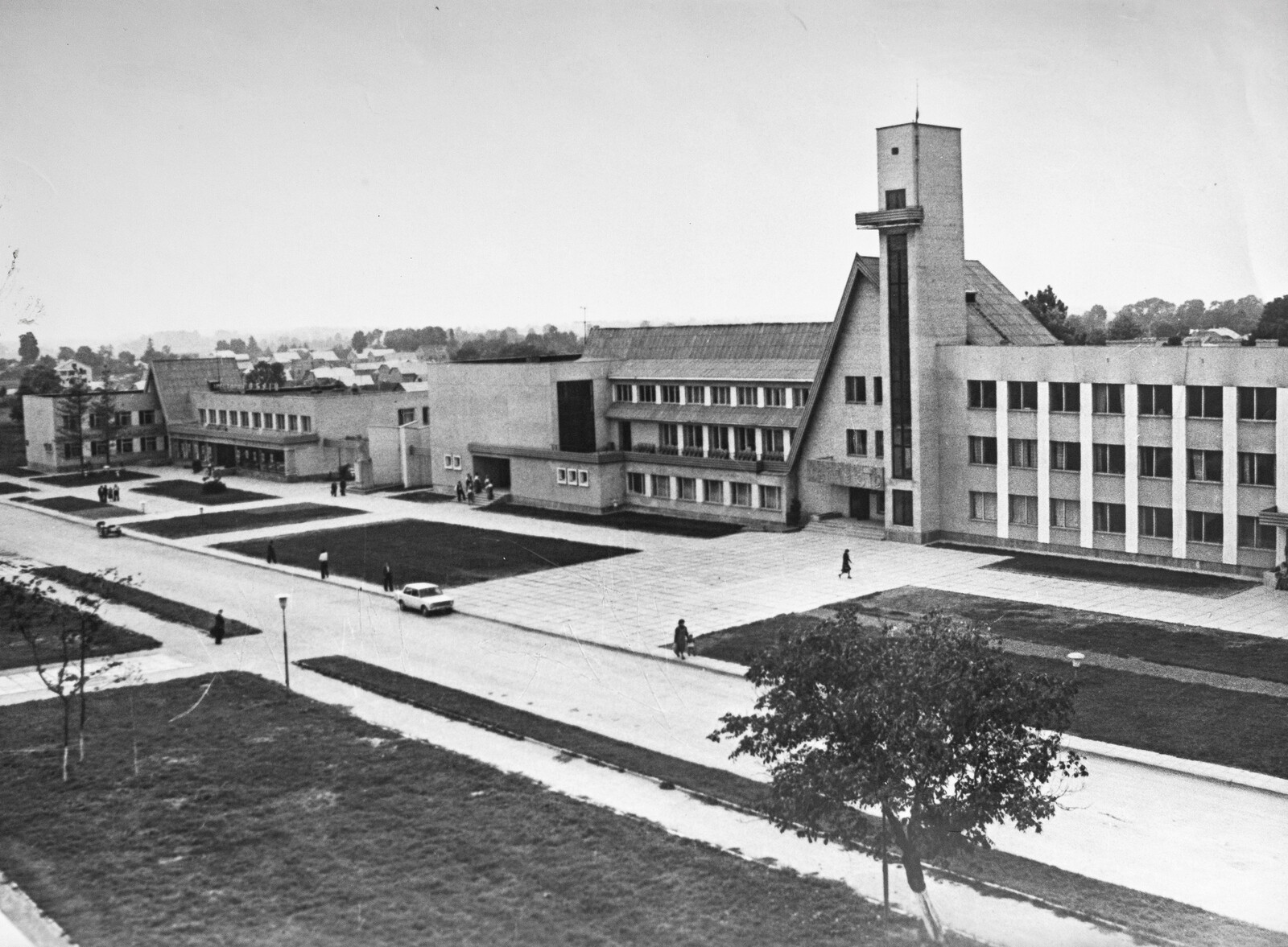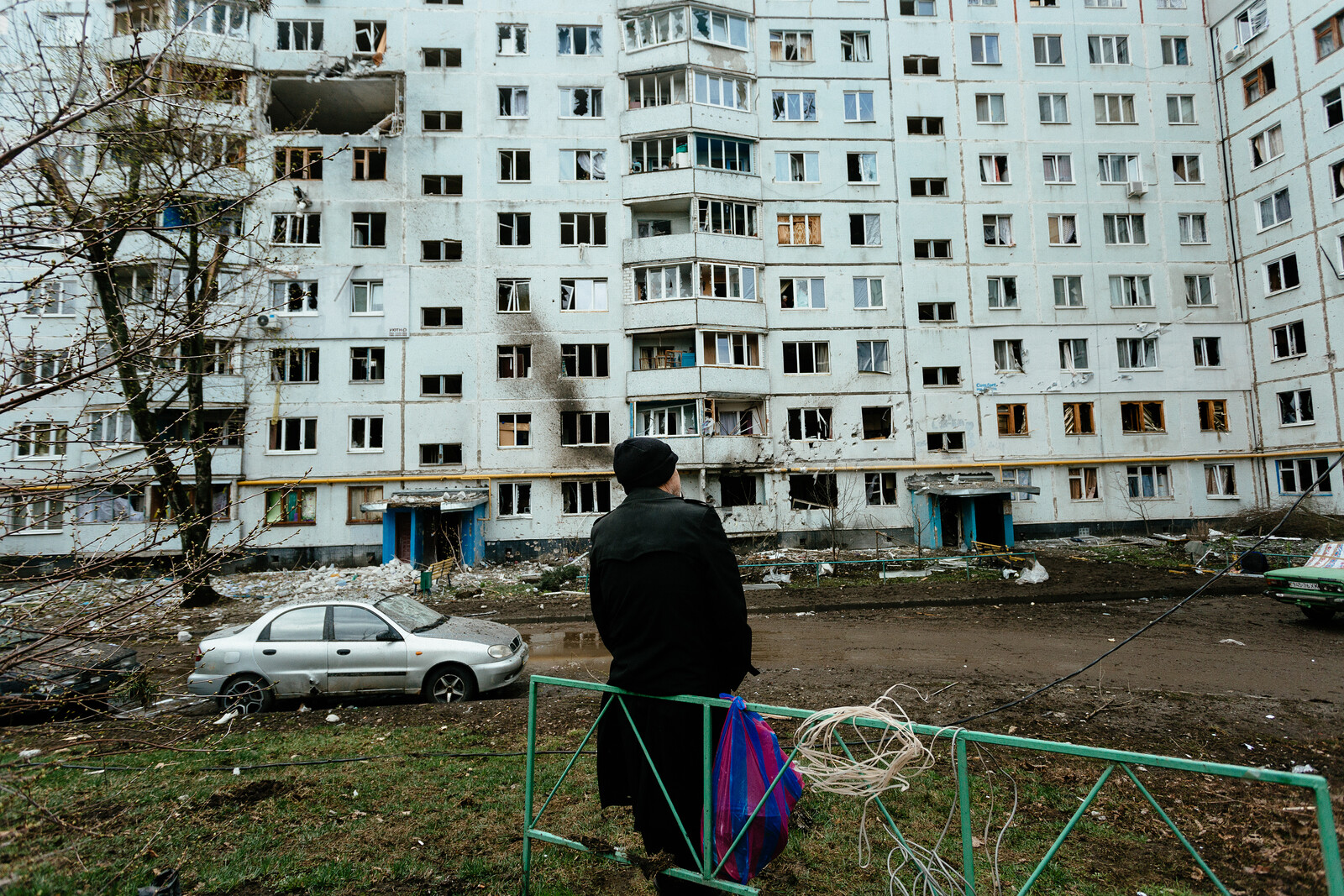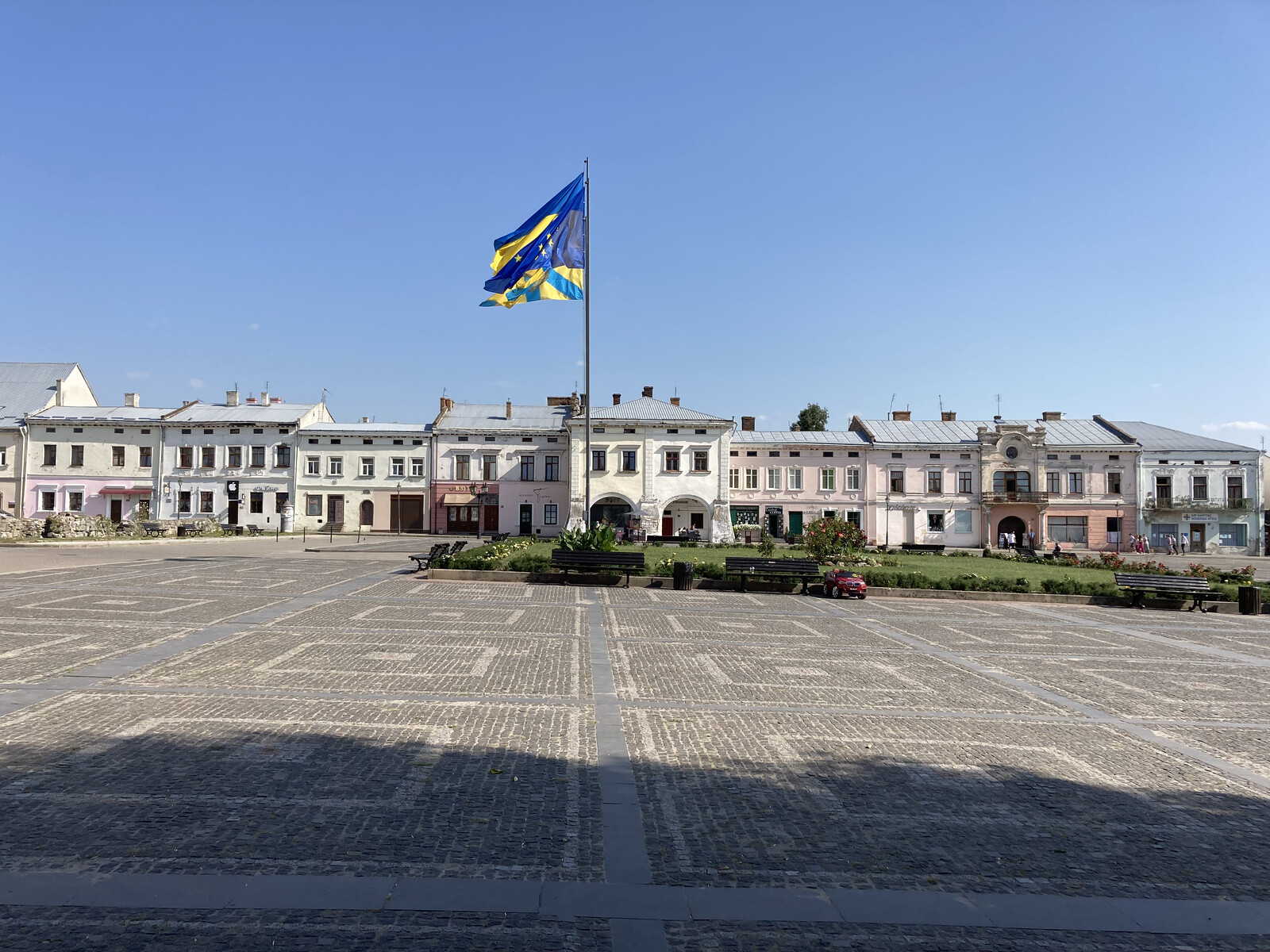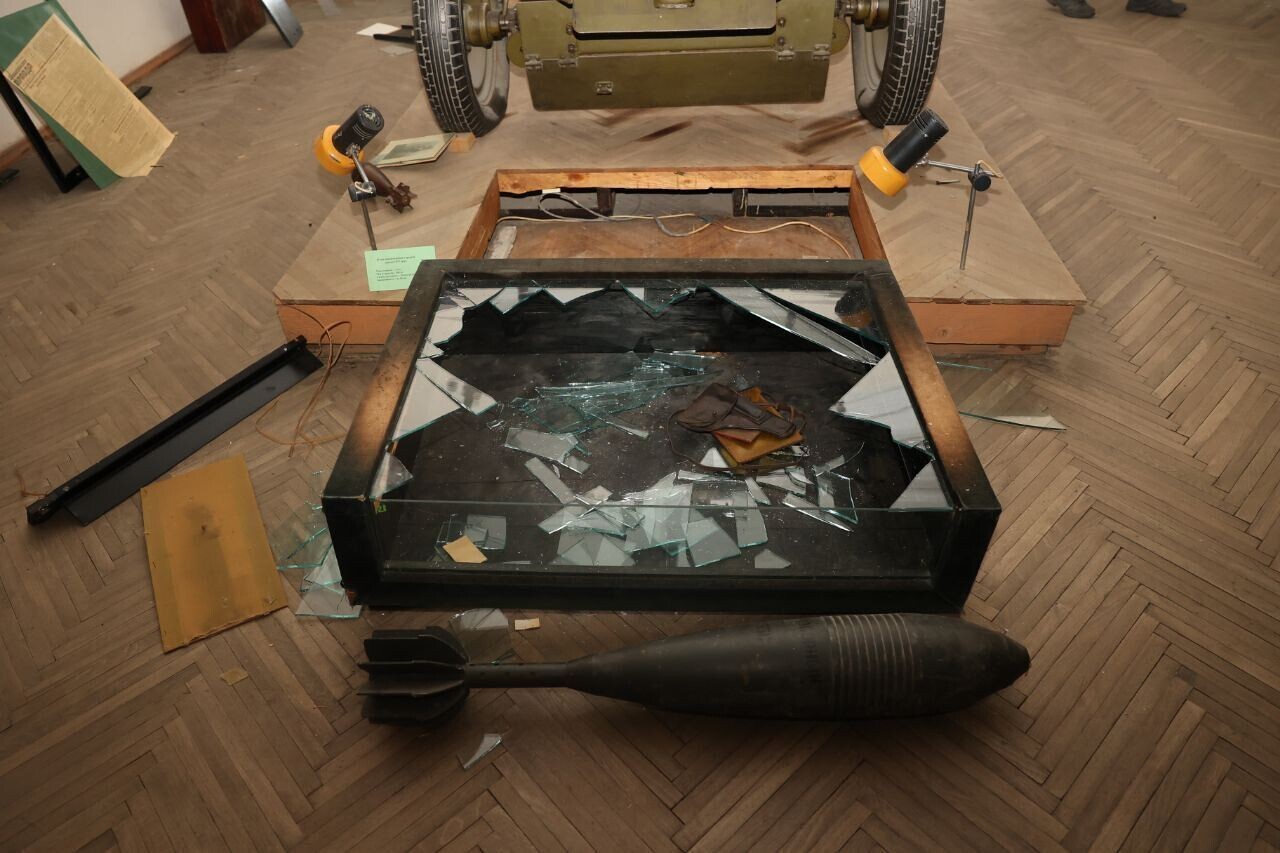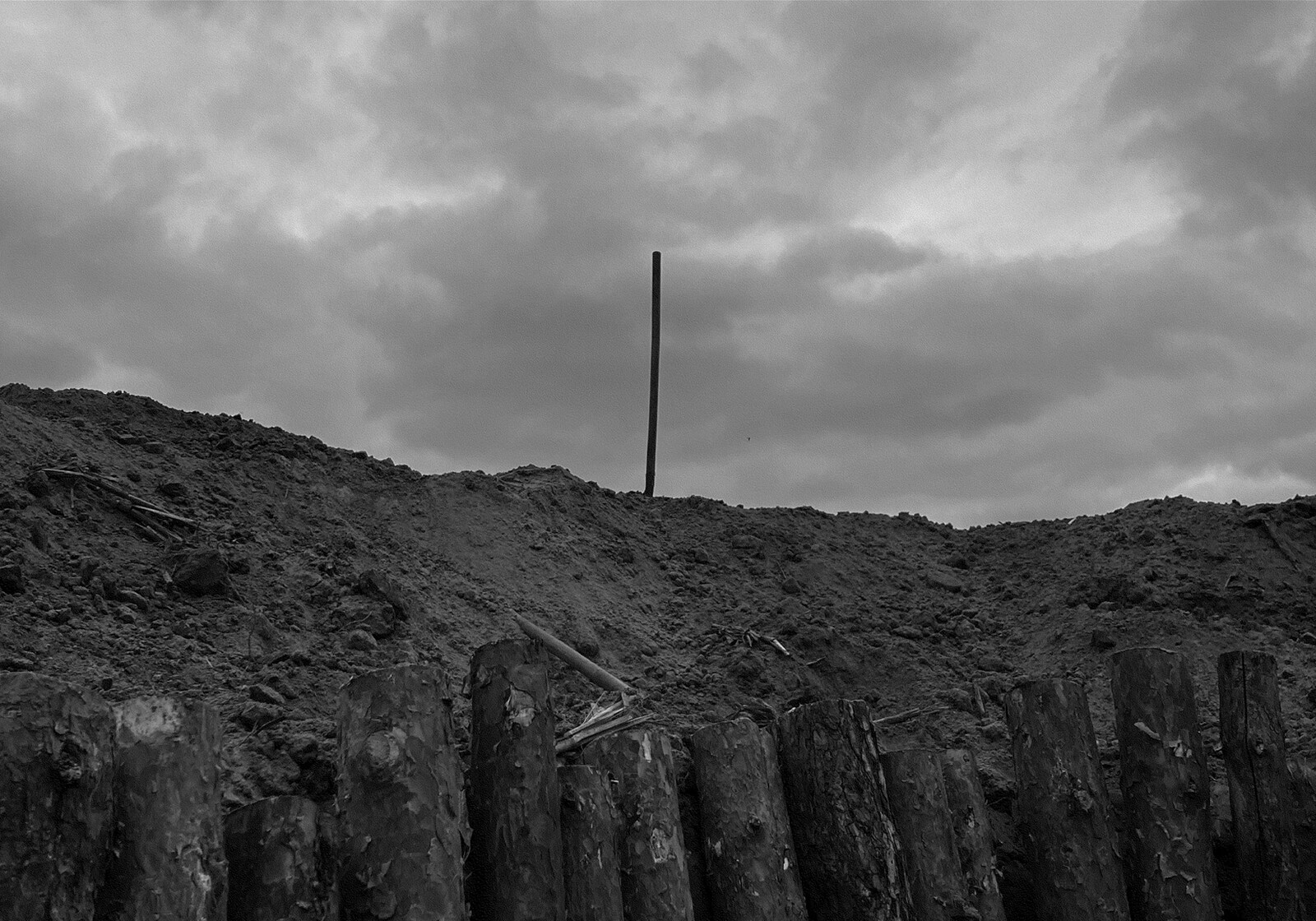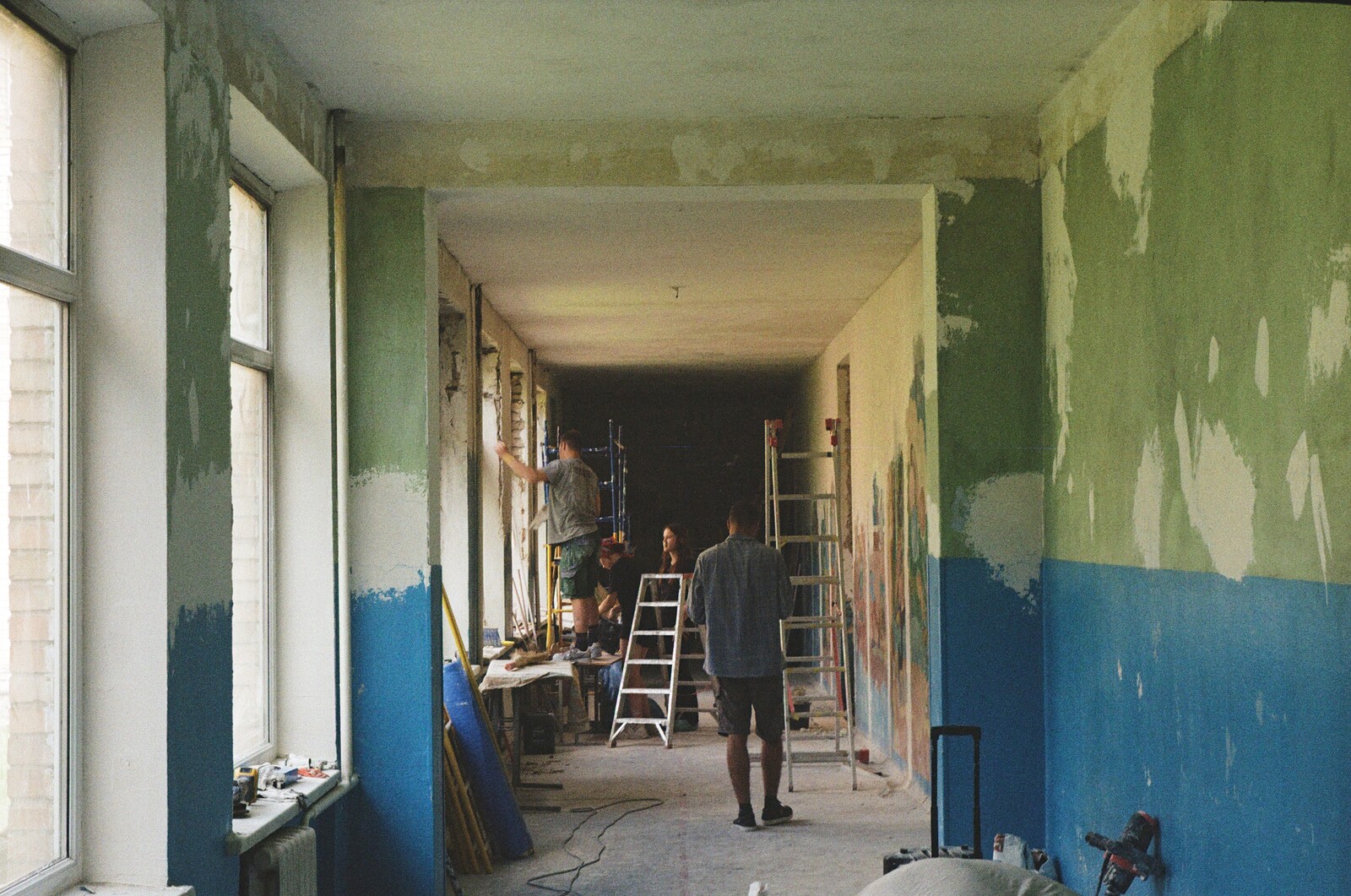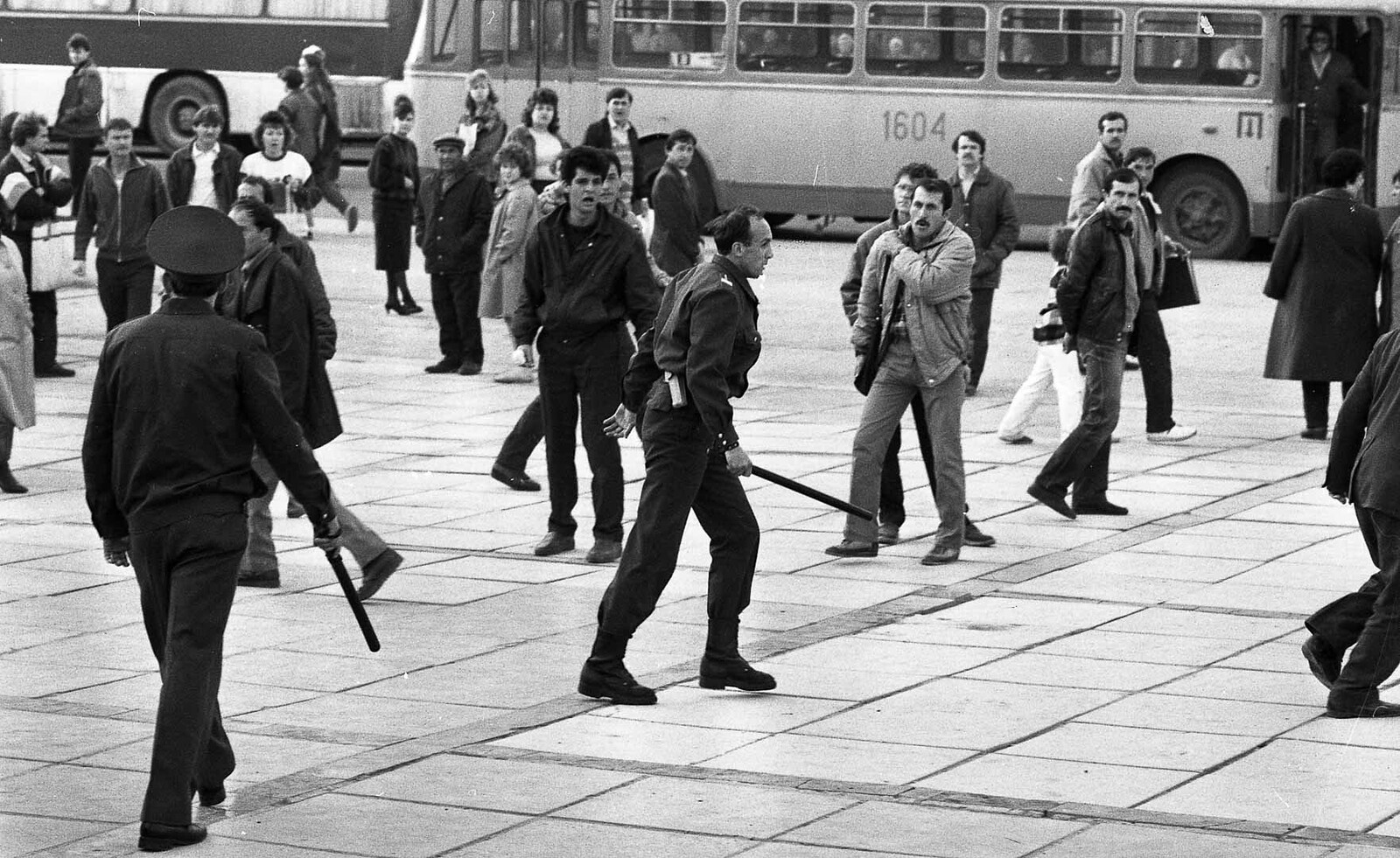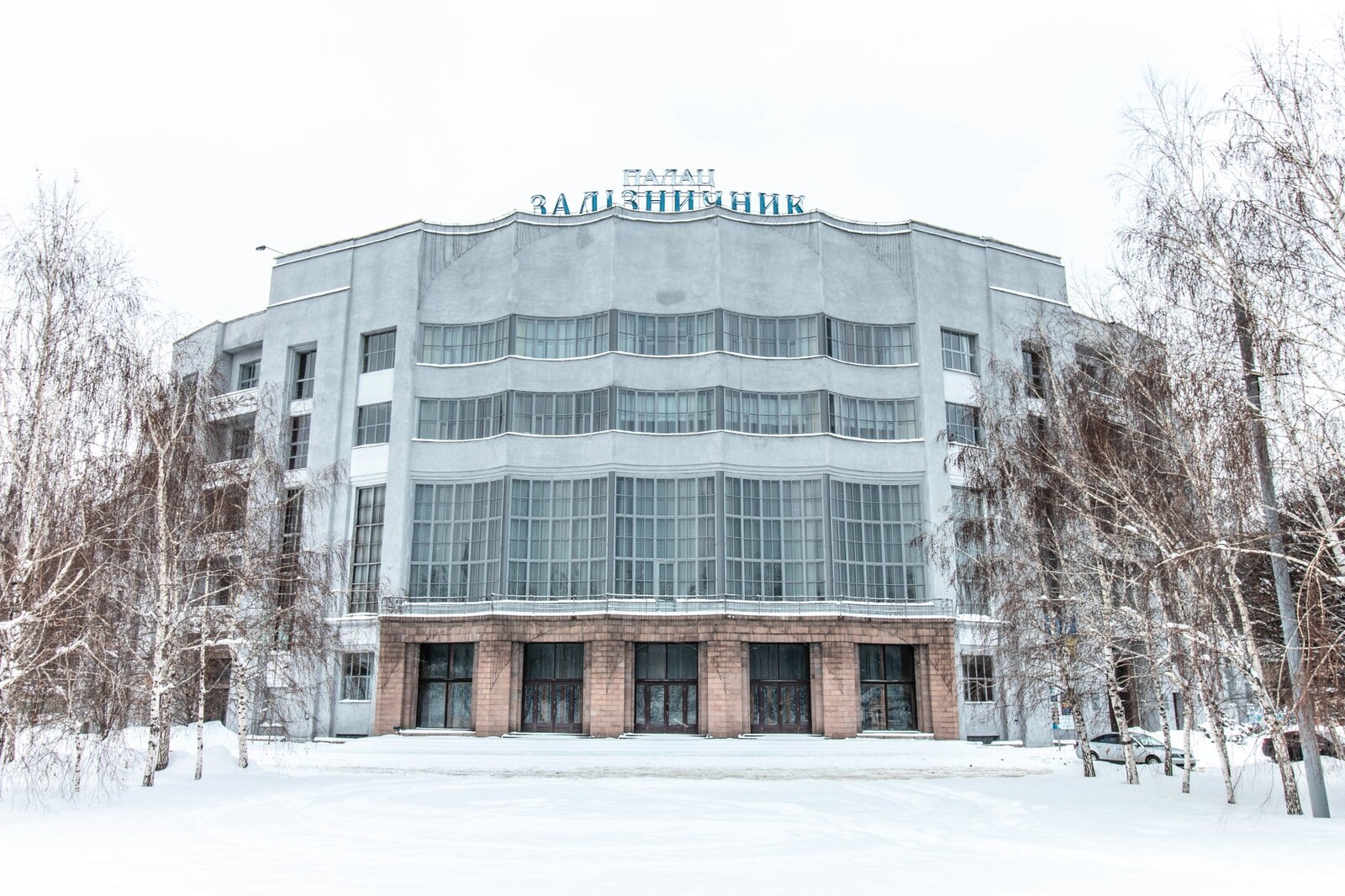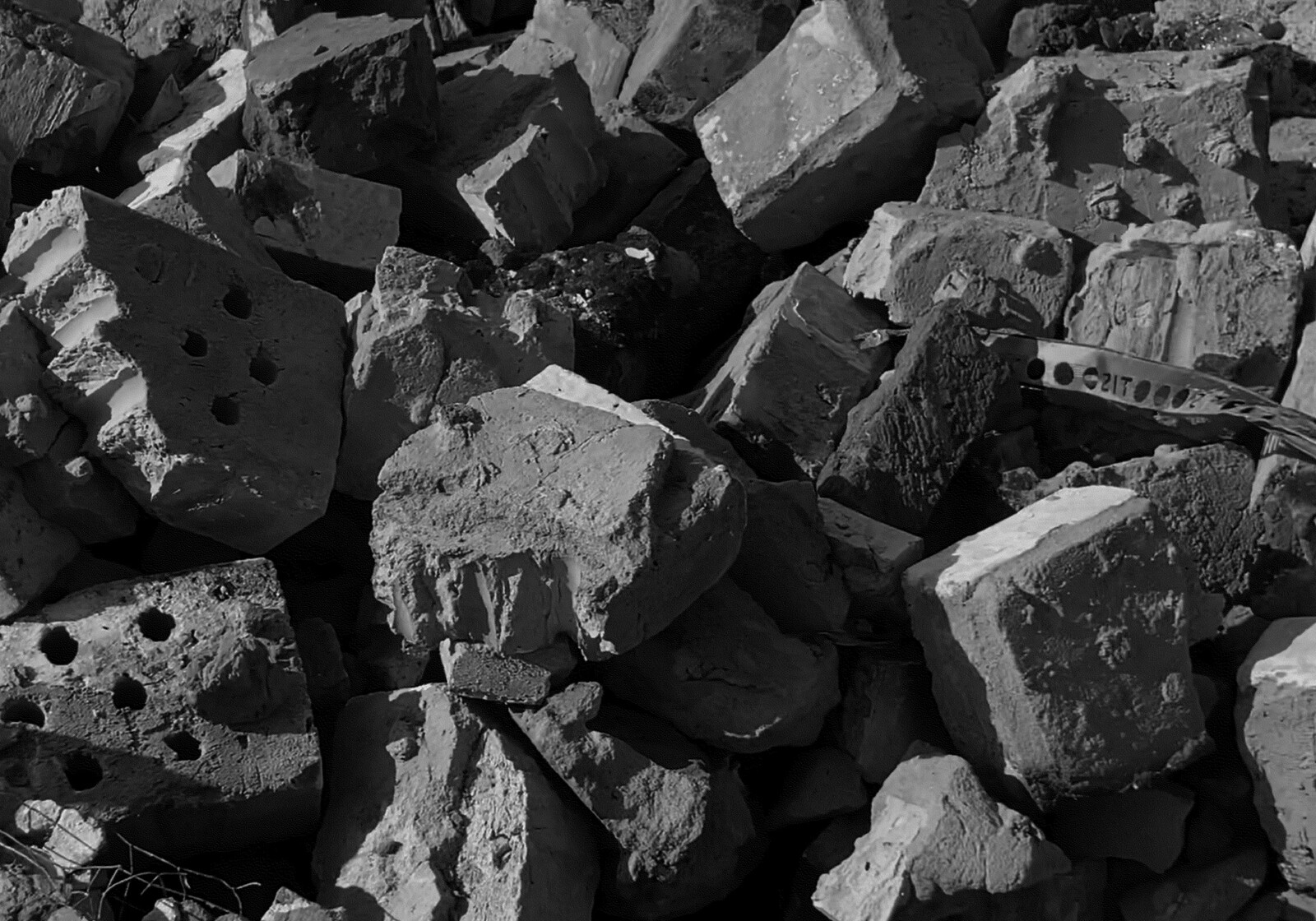Decades of socio-economic difficulties, waves of diasporic migration, and more than ten years of Russian invasion have presented Ukrainians with overlapping challenges that have been insufficiently met by the state and market alike. Formal and informal networks and initiatives of support and survival emerged out of necessity that transcend Ukraine’s borders and conventional institutional functions. Such structures not only provide vital scaffolding for Ukrainian resilience, but, perhaps more importantly, constitute a political prefiguration of a polycentric state that fits the needs of a fluid social, economic, and political reality. Despite the contradictory rhetoric of key Ukrainian ministers about their love of free enterprise and unbridled markets, Ukrainians’ actions indicate a political demand for collectively pooled goods of foundational purpose and immaterial value, as well as a rejection of the unregulated economy’s effects. Ukrainians want their children, their elderly, their animals, the lonely, and the weak to be looked after. They want clean air, forests, and rivers, as well as possibilities for community building and opportunities to care for each other, their homes, villages, cities, and nature.
Neoliberal or neoclassical economists and the mainstream politicians who mirror them like to tell people that they cannot have things like fully-funded education, high wages, maternity leave, or clean air because those things cost money, and only private high-margin economic activity is worth pursuing. But shrinking public spending leads to the rise of inequality and shrinking economic growth, which is why, during the Covid-19 pandemic, rich countries threw cash at households and the private sector. In Ukraine, which went straight from the pandemic into a full-scale war, cuts to public spending now and in the future are advised for unspecified reasons. Yet the war is crowdfunded, supported by free labour (volunteers), and capital is still relatively unregulated. Many questions arise from such an approach.
A country’s economy is more than what is captured in growth or trade statistics. What Elinor and Vincent Ostrom refer to as “Socio-Ecological Systems (SES)” combine what is conventionally thought of as separate economic, social, and ecological domains while acknowledging the finite nature of human and natural resources alike. The Ostroms call for abandoning the state-market dualism, instead opening the space for (self-)management via the relative autonomy of agents at various ranks in a system through negotiation, balancing, and monitoring collective governance.1 Indeed, both states and markets can fail, yet both are needed for robust and dependent economies where empowered citizens can (re)negotiate and carry out the tasks that are necessary for them and their economies to thrive. It is not through the excesses of top-down monitoring, unbridled markets, and/or exogenous prescription that such systems are best managed, but rather through the informed, careful, and negotiated application of scientific and local knowledgeby their users.
Devolved authority is a rather customary approach to governance in Ukraine, despite repeated historical attempts to destroy those practices via feudalism, serfdom, and top-down systems of collectivization. Presently, it is expressed in the vibrance of civil society initiatives and it is institutionalized in the decentralizing reforms that have taken place since the 2014 Revolution of Dignity. Social classes and modes of value extraction from humans and nature alike are organized transnationally in the present-day global political economy. They circumvent the institution of the state through state-created extra-jurisdictional mechanisms and spaces such as the “offshore” or special economic zones. This means that the solutions to militarized capitalist competition and predatory geopolitical lending must be global in reach and facilitated by international institutions—whether modernized and democratized versions of the Bretton Woods system, UN, or International Labor Oganization, or wholly new alternatives.
Ukraine has changed drastically over the past ten years of war. As the economic situation has deteriorated, so has the state of the social contract, which is enshrined in the constitution but was never fully experienced by the majority of the population. The erosion of social security, the emboldening of capital at the expense of labor (and nature), and the state’s inability to serve as the constitution’s guarantor of rights and freedoms all led to the 2014 Revolution of Dignity and the institutionalization of a thriving civil society that was in the making even prior to the dissolution of the USSR. This civil society, embodied in thousands of NGOs and individual volunteers, now performs the function of both state and market in the provision of goods and services, often “free of charge” (i.e. financed through the donation of goods, money, skills, and time) but not without cost. Indeed, it takes a financial, physical, and mental toll on individuals, households, and communities. This concrete failure of the state is paradoxically interpreted by some and instrumetalized by others as a reason to further dismantle the state, including its ability to oversee the function of capital.
Instead of shrinking the Ukrainian state, I would argue that it needs to be expanded—not least to allow those who perform its functions to focus on helping those they serve, instead of spending time on writing grant applications and reports. In order to do this, the state needs to be re-envisaged and reconceptualized. This is a twofold task. First, the concept of the nation-state is limiting in its methodological nationalism, as states are not closed homogenous boxes. Instead, the state-society-capital complex is more generative where the state is understood as a set of institutions that crystalize the essential conflict between society (largely defined) and capital (domestic, local, and transnational), that is, institutional resilience and long-term demand for non-monetized services versus short-term profit maximization.2 As such, the state needed for Ukraine’s (re)construction needs to be extended, not shrunken. The second task is to (re)construct the state as a set of institutions that fits the country’s recovery needs and stabilizes the social order in a resilient way.
In short, a polycentric state is needed, one that combines regulation with transparency, accessible and fair dispute resolution mechanisms, and collective oversight to prevent corruption. Variegated local needs can be best met through variegated localized initiatives. Ukraine’s post-2014 decentralization reforms have already provided a good basis for that, yet the issue of oversight and corruption persists and must be eradicated. There’s also a need for the national coordination of initiatives and finance, which would require a centralized approach via state mechanisms with national reach. The pre-existing State Agency for Reconstruction and Development and the multi-agency Donor Coordination Platform can be the starting point for such efforts.3
Similarly, the international system, legal obligations, and treaties in which Ukraine and its (post)war reconstruction are nested must be adjusted to allow for adequate autonomy. The importance of Ukrainian “ownership of recovery” has already been highlighted by the RISE Ukraine coalition, Center for Economic and Policy Research, and numerous other civil society initiatives.4 In order to achieve this, Ukraine needs to not just be included in the dialogue but to become the main decision-maker (known as “recipient input” in the language of the Marshall plan) for its own future. It must also own its natural and manufacturing resources and the income from their exploration, or at least sizeable dividends from those resources managed through the creation of a national wealth fund, or similar. Furthermore, Ukraine is heavily indebted, and is experiencing what can be called an “alienation of the state,” in which its creditors determine the parameters of its macroeconomic policy. In such a situation, speaking of sovereignty and independence becomes difficult, even if we imagine victory happening today. Large-scale debt relief and financial reparations (paid by Russia) targeting the state, enterpises, and private households will be key.
Since 2014, Russia’s invasion of Crimea and its proxy war in Donbas have allowed the achievements of the Revolution of Dignity to be highjacked, and for the pre-revolutionary regime to largely survive with different figureheads. The 2019 presidential vote for Volodymyr Zelenskyy can be seen as an electoral Maidan—a rejection of the oligarchic establishment amid unresolved military conflict with Russia and the continued dispossession of the masses. Underlying class conflicts didn’t disappear; in fact, they have become more acute since February 2022. Therefore, radical solutions that embody socio-economic justice—in other words, a redistributive logic—will have to be the backdrop of macroeconomic planning now and into the future. The large-scale deployment of post-Keynesian policies combined with capital controls, protectionism, and preferential treatment for domestic producers might just about fit the task ahead. This will mean a budget increase for public goods and services, state investment in care and decarbonization, and wage-led growth. As a result, jobs will be created, the purchasing capacity of households will increase, and the local and thus national economy will grow. Further, the demand for micro-, small, and medium-sized enterprises (MSMEs) will increase, as will tax revenues, especially without leakages to offshore zones. Imporantly, these economic indicators will incentivize Ukrainians who fled the war to return, as they will have a hope for the better future needed for social healing to begin.
Many Ukrainians have a negative attitude towards the state as an institution. This negativity gets instrumentalized by neoliberals who want to shrink the state even further. Yet, this popular distaste is for the state as it is currently known: corrupt, full of thieving cadres who help their friends through embezzlement schemes. Looking at sociological surveys, however, there is popular demand for something similar to the Nordic model of a fully-deployed welfare state, which isn’t possible without fiscal expansion. This is crucial for the policy skeleton of a future of Ukraine. Grassroots initiatives throughout Ukraine already prefigure this idea of a state. This state does not have to be a monolith of corrupt opportunists. Fundamentally, the state is a social relation that allows for social forces to be continuously (re)balanced. This state would momentarily crystallize the strategic economic and political vision that emerges. If the state is captured by the interests of capital, which tend to be ecocidal, patriarchal, racist, and imperialist to boot, it will be in big trouble. Even more so, if the capital is not even national in origin, it will be harder to regulate and monitor even for the most well-meaning government. Offshoring revenues and abuses of labor and of nature through extractivism are always followed by a trail of negative effects.
There’s a common misconception produced by neoliberal mythology that seeks to convince us of the uselessness of states, of their clumsiness and poor performance, of their hindering nature as far as economic matters are concerned. In fact, capital relies heavily on the state in terms of property rights, investment protection, and to bail out failing enterprises. What capital doesn’t like about the state is regulation and taxes, as those get in the way of profit- making. It also doesn’t mind states controlling the labor force by, say, impeding protests or unionization, by handing over common and public goods ownership to capitalso they can charge for them, or by dismantling labor codes and ripping apart collective bargaining agreements.
Promising new developments in the Lugano framework stipulate that, by 2024, the “whole of society” approach to the recovery—not just the focus on private investment—is key, alongside principles of sustainability and justice, with Ukrainians leading the process.5 For that to materialize, however, a new legal framework, so far missing, would be needed—one that precludes capital from taking over national interests and that secures Ukraine as a sovereign, independent, democratic, social, law-based, country with a fair social contract as the highest legal force.
This would guarantee social security for all human beings and hold their lives, health, honor, dignity, inviolability, and security as primary social values. For Ukrainians to lead the process and retain the results of it, they must collectively own the land, subsoil, atmosphere, water, and other natural resources within Ukraine’s territory, as well as on its continental shelf and in its exclusive maritime economic zone. For recovery to be sustainable, the use of property must not cause harm to the rights, freedoms, and dignity of citizens or to the interests of society; likewise, it must not aggravate the ecological or natural qualities of the land.
All of these positions are, in fact, already in the current constitution. Perhaps, then, the time has come for Ukraine’s citizens to live in a country where their constitutional rights are exercised. Ahead lies the reinstatement of Ukraine’s territorial integrity and sovereignty. Transformation of the state into a set of institutions fitting popular needs, the political demand for popular agency, and the enforcement of the constitution through reforms could finally deliver rights and social guarantees for and by those who perform the function of the state and those who constitute its people. This is the bedrock for a fair social contract, for the (re)building of the country, and towards a lasting peace.
Elinor Ostrom, Roy Gardner, James Walker, Rules, Games, and Common-Pool Resources (University of Michigan Press, 1994); Elinor Ostrom, “Analyzing Collective Action,” Agricultural Economics 41, no. 1 (November 2010): 155–166.
The concept of the “state-society-capital complex” is an extension of Robert W. Cox’s “state-society complex” that I developed by engaging Neo-Gramscian scholarship and the work of Nicos Poulantzas. See Yuliya Yurchenko, Ukraine and the Empire of Capital: From Marketisation to Armed Conflict (Pluto Press, 2018); and Robert W. Cox, “Social Forces, States and World Orders: Beyond International Relations Theory,” Millenium: Journal of International Studies 10, no. 2 (1981): 126-155.
Interfax-Ukraine, “Nayyem to Head State Agency for Restoration and Infrastructure Development,” Kyiv Post, January 28, 2023, ➝.
Rise Ukraine, ➝.
Ukraine Recovery Conference, Lugano, Switzerland, July 4-5, 2022, ➝.
Reconstruction is a project by e-flux Architecture drawing from and elaborating on Ukrainian Hardcore: Learning from the Grassroots, the eighth annual Construction festival held in the Dnipro Center for Contemporary Culture on November 10–12, 2023 (2024), and “The Reconstruction of Ukraine: Ruination, Representation, Solidarity,” a symposium held on September 9–11, 2022 organized by Sofia Dyak, Marta Kuzma, and Michał Murawski, which brought together the Center for Urban History, Lviv; Center for Urban Studies, Kyiv; Kyiv National University of Construction and Architecture; Re-Start Ukraine; University College London; Urban Forms Center, Kharkiv; Yale University; and Visual Culture Research Center, Kyiv (2023).
Reflections in this piece were developed in their initial form for the Construction Festival in Dnipro, November 2023, and refined during my fellowship at the IWM Vienna, April–June 2024 as part of the Ukraine in European Dialogue Fellowship Program. I am grateful for the latter opportunity of a space and time to think and imagine a way out of the hell of war.
